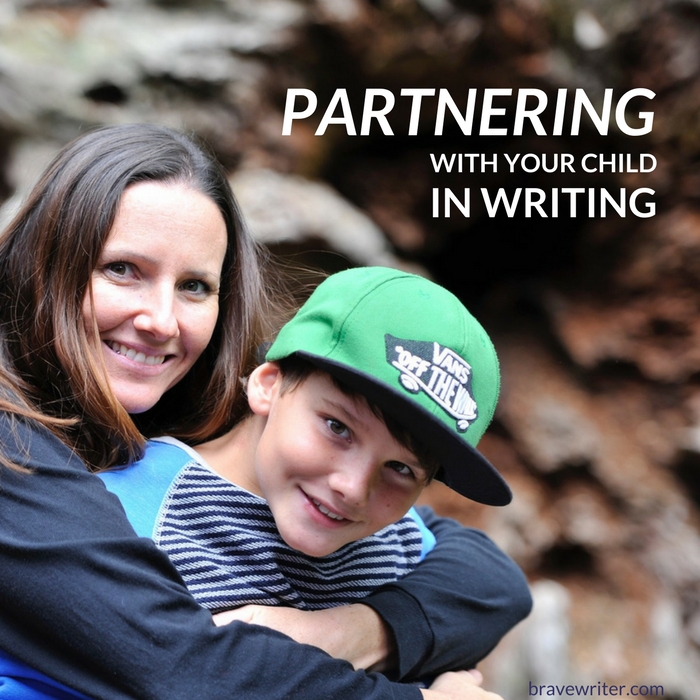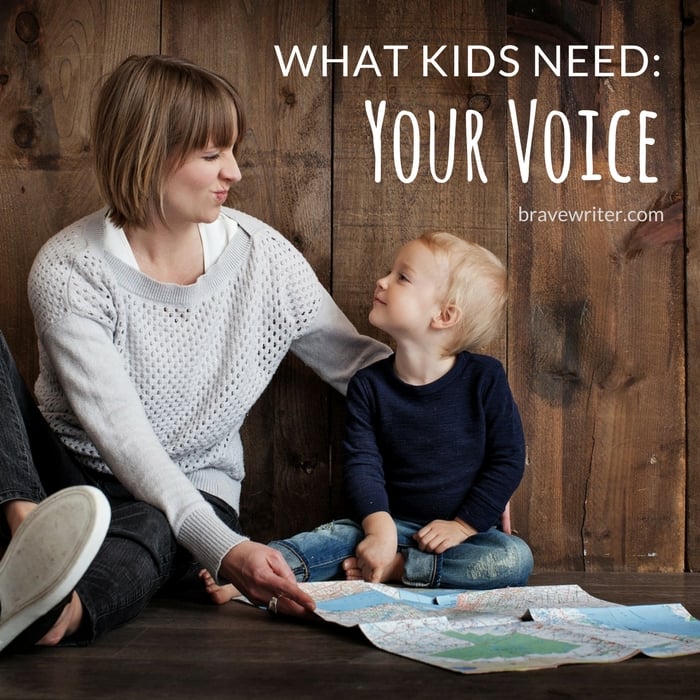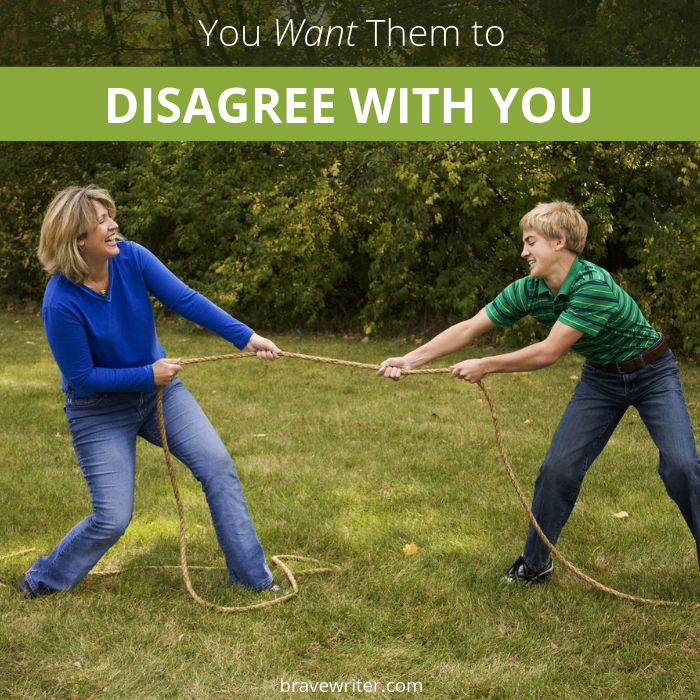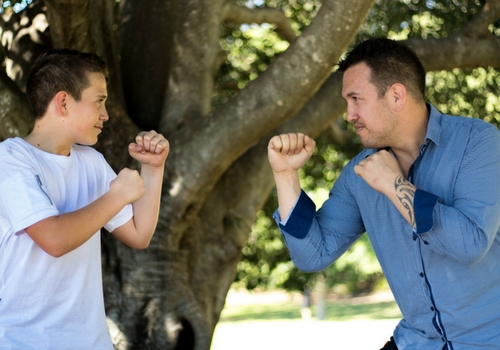
How do you handle a child’s explosive outburst?
Here are some ideas:
1. Rather than asking what’s going on with the child, first ask yourself: what’s going on in the house? What’s the tone? What happened preceding the outburst?
2. Ask: When did I last connect to this child? (As in, loving attention, kind interaction, mutual regard) Have I listened to him tell a story? Have I made eye contact with her or given a hug or shoulder squeeze (if the child responds positively to those gestures)?
3. Challenge yourself to reframe the behavior through the positive. Rather than calling it an angry, disrespectful outburst, can you describe the explosion in terms that are less judgmental:
- he feels out of control,
- she feels bereft,
- he is looking for an ally,
- he is frightened,
- she is discovering her personal power to say NO to what she really really really does not like or want (all women need this power, by the way).
4. In the moment, can you respond in the opposite spirit? Go gentle when he goes harsh, go kind when she goes rude, go firm and clear when he is scattered and coming apart. To be kind and firm is supportive—”I’m right here. I feel your anger. I’ve got a bottle of bubbles. Want to show me how angry you are by blowing these bubbles?”
5. Or join with him: “That’s some powerful anger!” Then scream along side at full volume.
See if you can get the 360º aerial view, rather than taking it personally.
Q-TIP: Quit taking it personally.


























